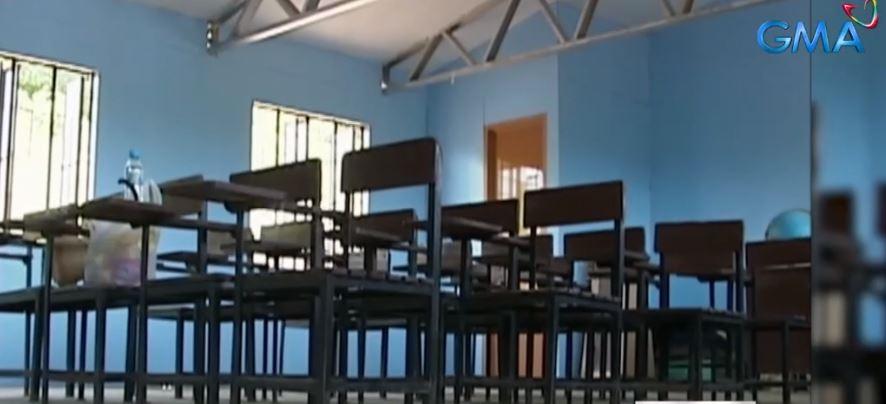Lawmakers: Law vs. ‘No Permit, No Exam policy’ should stop shaming of less fortunate students
By LLANESCA T. PANTI, GMA Integrated News Published March 21, 2024 2:37pm The passage of the law prohibiting the “No Permit, No Exam” policy should end the shaming of less fortunate students, House Deputy Minority Leader France Castro said Thursday. Castro was referring to Republic Act 11984 which mandates all public and private schools, as well as higher […]


By LLANESCA T. PANTI, GMA Integrated News
The passage of the law prohibiting the “No Permit, No Exam” policy should end the shaming of less fortunate students, House Deputy Minority Leader France Castro said Thursday.
Castro was referring to Republic Act 11984 which mandates all public and private schools, as well as higher education institutions, and technical-vocational institutions (TVIs) that offer long-term courses exceeding one year, to allow disadvantaged students with unsettled tuition and other school fees to take their periodic and final examinations without required permits.
The same law, however, allows schools to require the submission of a promissory note, withhold records and credentials of students, and exercise other legal and administrative remedies for the collection of unpaid fees.
“Malaking tagumpay ito sa mga estudyante at magulang, lalo na at napakatagal na panahon bago ito naisabatas. Sa batas na ito, wala na sigurong batang mapapahiya,” Castro said in a press conference.
(This is a big win for students and parents, given that it is a long time coming. With this law in place, less fortunate students will no longer be shamed.)
“Wala na sigurong bata na nakalagay ang pangalan sa bulletin board dahil hindi nakabayad [ng matrikula] sa oras iyong kanyang mga magulang. Wala ng batang iiyak dahil pinalabas ng room, dahil nga sa No Permit, No Exam policy,” Castro added.
(A child’s name will no longer be plastered on the bulletin board just because his or her parents were unable to settle school fees on time. No child should be found crying because he or she is asked to leave the room because of the No Permit, No Exam policy.)
Castro then added that the decades it took before the passage of the prohibition of No Permit, No Exam policy only underscores the perennial problem of limited access to quality education which should be swiftly addressed.
“This law is part of our push to widen access to education. This is a win, but there are still conditions provided by the law, so we will stay vigilant on how this will be implemented, starting with the drafting of the Implementing Rules and Regulations,” Castro added.
Kabataan party-list lawmaker Raoul Manuel backed Castro, saying that the passage of the law banning the No Permit, No Exam policy is long overdue.
“The very first Kabataan party-list representative [in 2007], then Congressman Mong Palatino, filed this bill and we have been refiling it ever since. This is our response to the collective clamor of the students and parents who are long burdened by high school fees and the No Permit, No Exam policy.
Manuel then cited that the new law should be implemented to complement Department of Education (DepEd) Order 15 series of 2010 which bans the No Permit, No Exam policy.
DepEd Order 15 series of 2010 states that “to protect every child’s human right to basic education, all schools, both public and private, are enjoined to allow students with unpaid fees to take their final exams.”
In addition, the same DepEd order provides that “civil liabilities of parents should not in any way jeopardize their children’s continued schooling.”
“The DepEd order used stronger words than the law, so the new law should not supersede the intentions of the DepEd,” Manuel said.
“That is why we will stay vigilant in the drafting of the IRR,” Manuel added. —VAL, GMA Integrated News














